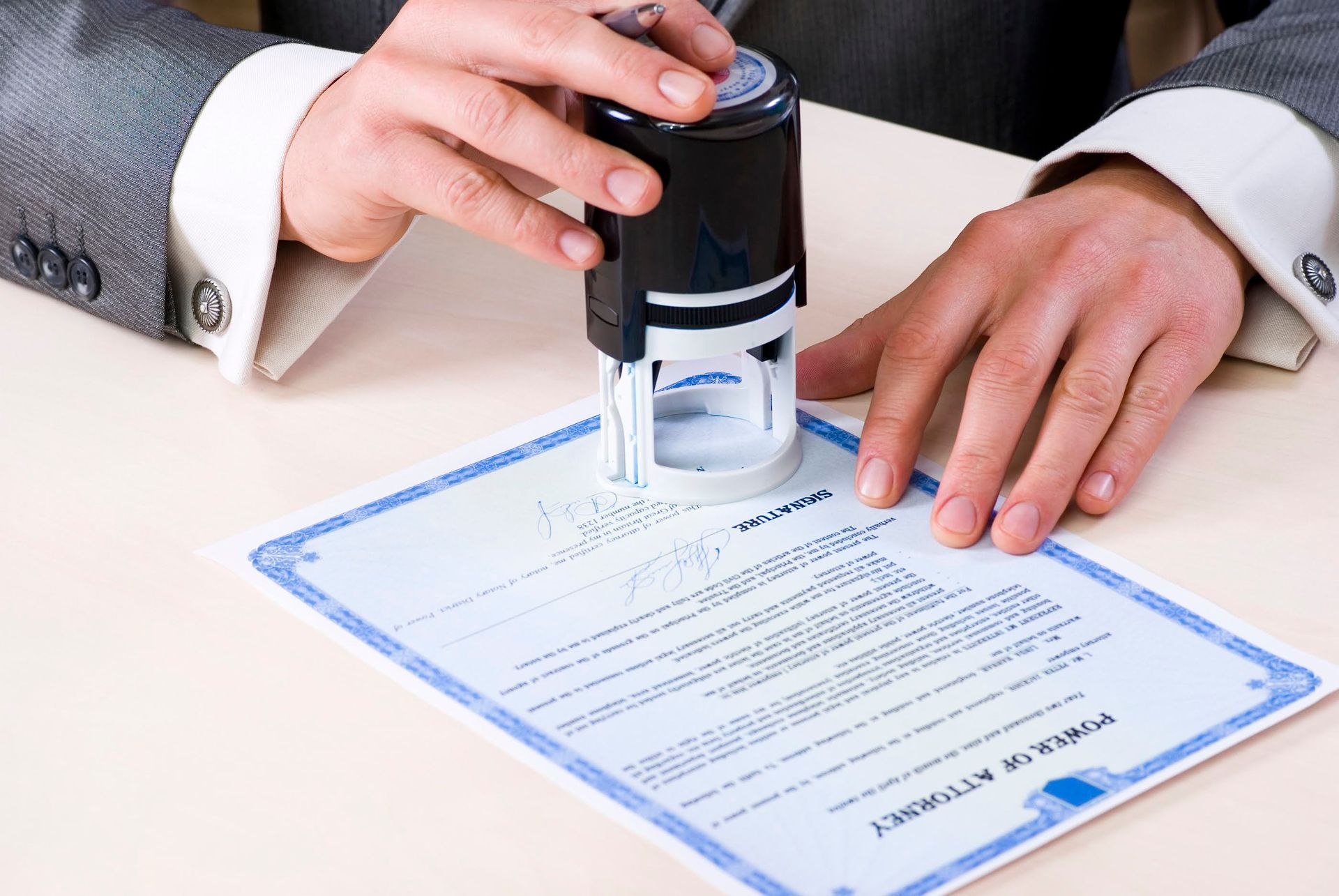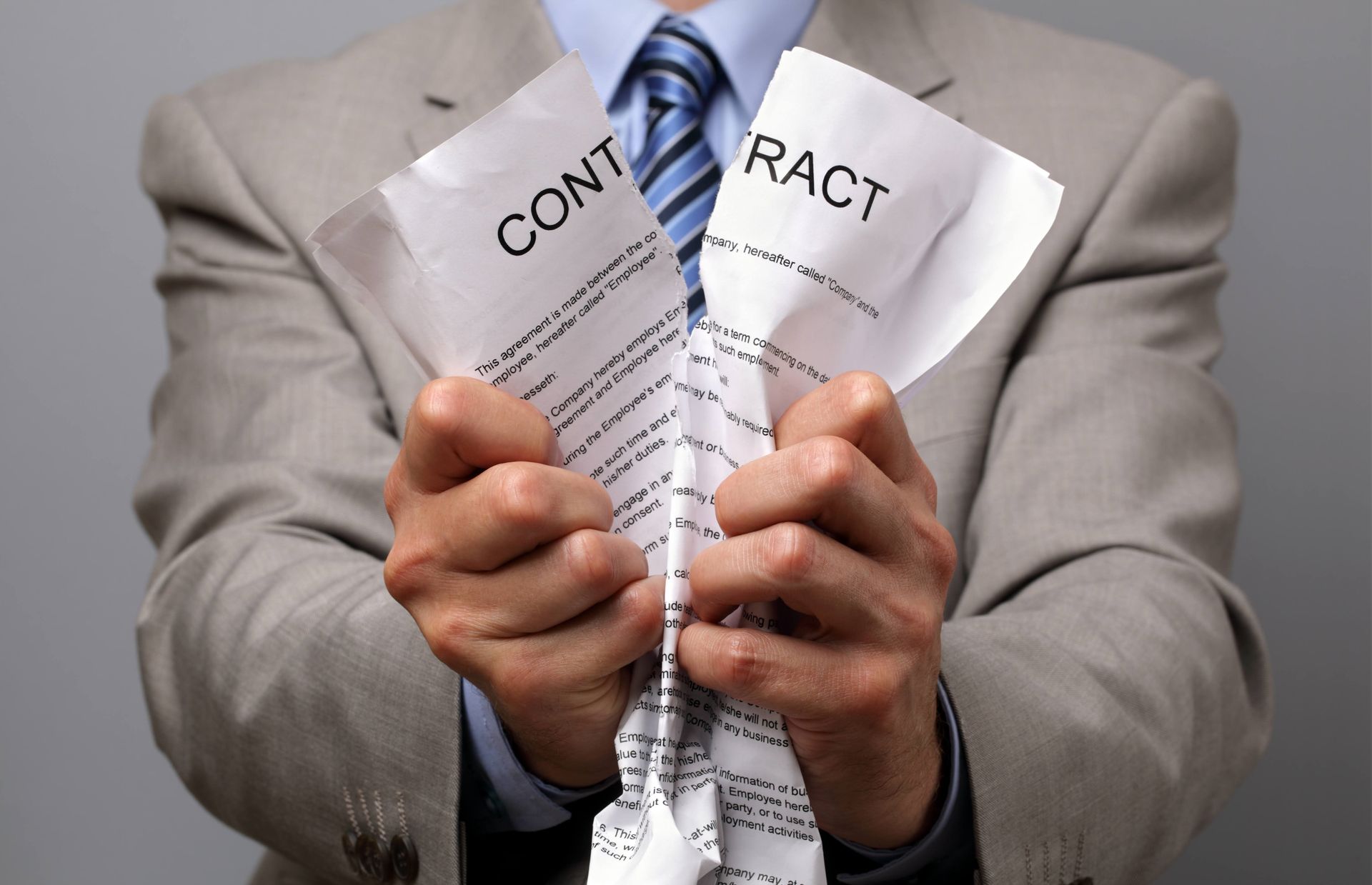Grounds for Contesting a Trust

Trust contests are lawsuits filed to contest a trust set up by a recently deceased person. Anyone with legal standing can be a plaintiff in a trust suit.
You may contest a trust or will, but generally, it's a challenging endeavor. The court will often default to the wishes of the deceased. Nevertheless, the court may void a trust if you prove that the document provisions meet the acceptable grounds.
The court allows the following grounds for contesting a trust.
Fraud
Fraud is wrongful or criminal deception to achieve financial or personal gain. Trust fraud becomes a crime if a known misrepresentation of the truth is used to induce a testator to act.
For a court to invalidate a trust, evidence should prove that the testator was intentionally tricked or coerced into execution.
Fraud typically falls into two categories:
- Fraud in the inducement occurs when a trust beneficiary misleads the testator and ultimately benefits from the act. For instance, a child who makes a false representation of other siblings to receive a larger inheritance share.
- Fraud in the execution occurs when one party deceives another into signing misrepresented terms or a falsified contract. For instance, they may conceal the true nature of the document to a testator with poor eyesight or poor literacy.
Fraud is more probable as grounds for contestation with strong evidence rather than just rumors and speculation.
Forgery
Forgery refers to making changes to a written document with the intent to defraud. Forging testamentary documents is not new and is acceptable legal grounds for challenging a trust.
If you suspect that someone has tampered with an estate-planning document, the court can investigate further. The investigation involves a conclusive report developed by a handwriting expert. You have to accompany the report with some supporting evidence for the court to invalidate the trust.
Trust forgery typically occurs on the signature of the deceased. But some red flags that could suggest a forgery include:
- A trust that benefits one person with the exclusion of others.
- A trust with missing/modified pages.
- A trust without legal terminology.
The standard proof required to invalidate an allegedly forged trust is on the balance of probabilities. Whoever proves their case by 50.1% wins.
Lack of Mental Capacity
Due to old age, elders suffer from mental issues such as dementia and hallucinations. Without testamentary capacity, a testator is more susceptible to undue influence. For this reason, it's common for family members to bring into question the testator's mental capacity at the time of execution.
To create a legally enforceable trust, the testator must have the mental capacity to understand:
- The nature of the trust document.
- The approximate valuation of the estate property owned by the testator.
- The relationship between the testator and the beneficiaries.
Proving a lack of capacity can be challenging, and your word of mouth alone will not suffice in court. A judge may call upon family members, a psychiatrist, and the settlor for more information on the condition of the deceased at the time of execution.
Lack of Due Execution
Lack of due execution means the testator failed to observe the legal formalities for signing a trust. If you have substantial grounds to suspect that a trust did not follow the due process in execution, seek legal advice.
For a revocable trust to be valid in Florida, some required formalities include:
- The trust must be in writing.
- The testator must sign at the end.
- At least two witnesses should sign and be in the testator's presence.
If a trust does not comply with any of the formalities, the court may not consider it valid.
A testamentary document may be difficult to contest if you disagree with the division of the trust assets between beneficiaries or simply because you believe you should have been in the trust but weren't. Therefore, if you want to contest a trust, you should first speak to a lawyer that specializes in estate planning about your concerns. Your lawyer will be able to tell you whether you can contest the trust and the best way forward.
Contact us at Donald B. Linsky & Associate PA today if you need to contest an existing trust.












